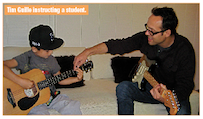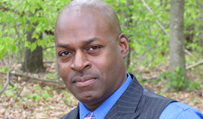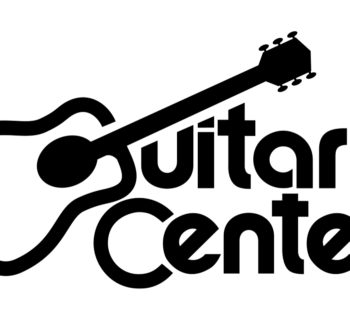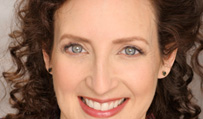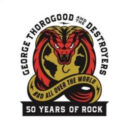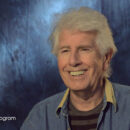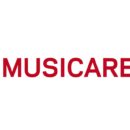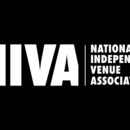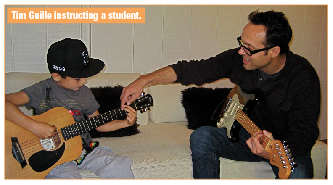 By Tim Guille
By Tim Guille
Most musicians teach private lessons at some point in their career, either to supplement their income or as their main gig. But it’s pretty rare to find someone who makes as much as a doctor or a lawyer by teaching private lessons. Tim Guille, one of Los Angeles’ top-paid music teachers and the creator of Music Money Formula, has done exactly that. He says the secret is to focus on clients who will pay you a high rate, and keep those clients engaged long-term. Here are his tips on how you can maximize your private lesson business.
1. Teach kids.
I was working 18 hours a day, and was still living in poverty––until I discovered that if I focused on teaching kids (instead of college students and wannabe rock stars) that parents will pay top dollar for anything to do with their kids’ education. Parents are used to setting regular schedules for their kids and this means they will be able to maintain regular lessons each week. And most kids are beginners, so it’s likely you will keep them as a student for years.
2. Know who your REAL BUYER is.
You may be teaching kids, but the parents will be paying for it. So you are selling your service to the parent. But you have to make sure your lessons are fun, so the kid still wants to see you every week. Keep in mind that you can positively affect a child’s life through music. And THAT SHOULD be your goal. You should not only be teaching them music, but also be a positive role model for them. Imagine you have a child… Now be the teacher you would want for your kid. If you can accomplish this, then the “REAL BUYER” will spend boatloads of cash to keep you coming back and they will tell all their friends about you too.
3. Teach popular instruments. (As many as possible!)
The most popular instruments for private lessons are guitar, piano, drums, voice and bass. If you can teach three or more of these instruments, you will have a much easier time getting new clients. And keep in mind that guitar and piano are the most popular instruments in the US, so you’re missing out on a ton of lessons if you don’t teach both of them. If you can teach all five of these instruments, you will have a huge advantage over most other music teachers.
4. Focus on the rich. (i.e. Be exclusive.)
Wealthy people can afford to have regular lessons and they will be able to pay you top dollar for your time. The best way tobe exclusive enough, so only the wealthy will want you... is to charge a lot! You can also put every new student on a waiting list for a couple of weeks (even if you have the time to teach them). This will make the student’s parents think you are THE ABSOLUTE BEST, simply because you are not immediately available.
5. Charge more.
The number one mistake most music teachers make is charging too little... When you don’t charge enough, you are basically telling everyone that you are not very good. When I first started teaching in Los Angeles, I charged $25 for half-hour lessons and $40 for an hour. Because of my low rates I only attracted students who could barely afford lessons… This resulted in a ton of cancellations and a high student turnover.
The only research I did to find out what to charge was looking at other teachers on Craigslist and then I charged what everyone else was charging... HUGE MISTAKE!!! What happened when I doubled my rates? The perception that people had of me went from “hack” to “pro” overnight.And my business improved dramatically.
6. How to get wealthy clients.
In the beginning, I tried everything... flyers, craigslist, paid ads in local papers, paid ads online... and more. But it wasn’t until I realized that my ideal clients (wealthy people with kids) find new services by asking people they know and trust for recommendations. So I put all my energy into finding people who would connect me with my ideal clients... That’s when my business went through the roof!
So you should create an affiliate program. An affiliate is someone who also services your ideal clientele and who is motivated to help you grow your business by referring you to their clients... For instance, if you teach guitar, you could approach basic education tutors, Hebrew tutors, piano teachers, drum teachers, etc... and get them to refer you to their clients.
7. Don’t overbook yourself.
In order to truly do what’s best for your students, you must take care of yourself first. Then you will have the energy and focus to take care of your clients. So set a maximum amount of lessons you are willing to teach each day. If you try to take on too many, you will run out of energy and do a disservice to everyone. Tell your clients that you don’t overbook your lessons, so they get the very best experience ... And by limiting your availability, you can charge a premium for your time.

miniBIO: Tim Guille is the owner of All Play Music, a Los Angeles, CA-based lesson company, and the creator of Music Money Formula, an educational service for music teachers. Visit http://musicmoneyformula.com for free information on how to make top dollar as a private music teacher.

